
CNC高壓清洗機在清洗過程要注意什麽?
作者:創(chuàng)始人來源:http://www.ahfanglei.com/時間(jiān):2025-05-12
高壓水射流清洗設備(bèi)憑借其高效、環保的特性(xìng),已成為工(gōng)業清洗領域的重要工具(jù)。然而,其(qí)強大的水(shuǐ)壓也意味著操作不當可能帶來(lái)安全隱患或設備損壞。為(wéi)確保清洗作業的安全與高效,請嚴格遵守以下操作規範。
High pressure water jet cleaning equipment has become an important tool in the field of industrial cleaning due to its high efficiency and environmental friendliness. However, its strong water pressure also means that improper operation may pose safety hazards or equipment damage. To ensure the safety and efficiency of cleaning operations, please strictly follow the following operating procedures.
安全操作規範
Safety operation standards
個人(rén)防護不可少
Personal protection is essential
操作(zuò)時務必穿(chuān)戴防護眼鏡、防濺(jiàn)手套及防(fáng)水工作服,避免高壓水射流造成意外(wài)傷害。
Be sure to wear protective goggles, splash proof gloves, and waterproof work clothes during operation to avoid accidental injuries caused by high-pressure water jets.
設備檢查是關鍵
Equipment inspection is key
啟動(dòng)前,需全麵檢查高壓泵、輸水管路及噴(pēn)嘴狀態,確保無破損或滲漏,發現問題應及時(shí)維修或(huò)更換,杜絕隱患。
Before starting, it is necessary to conduct a comprehensive inspection of the high-pressure pump, water supply pipeline, and nozzle status to ensure that there is no damage or leakage. If any problems are found, they should be repaired or replaced in a timely manner to eliminate hidden dangers.
電源安全須重視
Power safety must be taken seriously
確保設備電源連接穩固(gù),並做好接(jiē)地保護,防止漏電風(fēng)險。
Ensure that the device's power connection is stable and properly grounded to prevent the risk of electrical leakage.
作業區域要警戒
The homework area should be guarded
嚴禁將高壓(yā)噴嘴朝向人員、設(shè)備或其他物體(tǐ)噴射,防止(zhǐ)高壓(yā)水流衝擊導致傷害或損壞。
It is strictly prohibited to spray high-pressure nozzles towards personnel, equipment, or other objects to prevent injury or damage caused by the impact of high-pressure water flow.
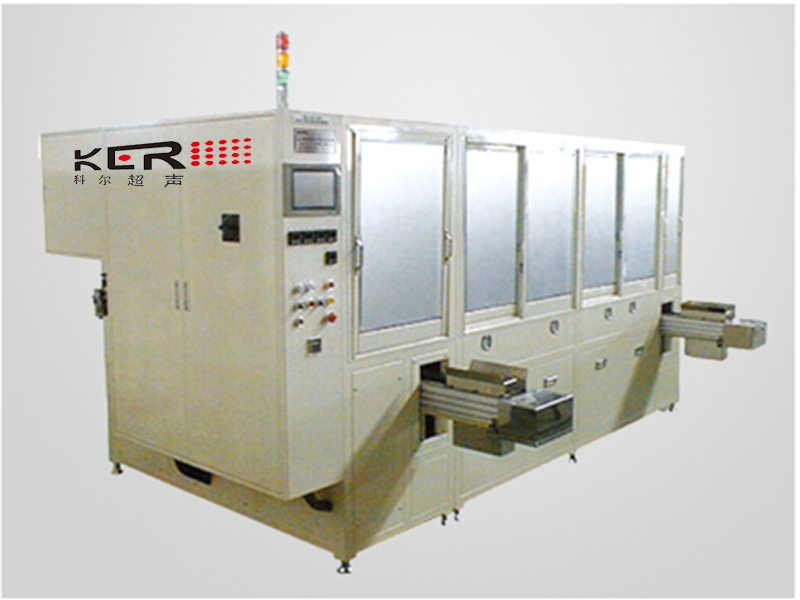
清洗(xǐ)對(duì)象(xiàng)注意事項
Precautions for cleaning objects
了解材質與汙垢特(tè)性
Understand the characteristics of materials and dirt
根據被清洗物的材質(如金屬、塑料等)、結構(gòu)及汙(wū)垢類型(油漬、鏽跡等),合(hé)理調整水壓(yā)及噴嘴類(lèi)型。例如,易損件應采用低壓清洗,頑固汙漬可適當(dāng)提高壓力或搭配專用清洗劑(jì)。
Adjust the water pressure and nozzle type reasonably according to the material (such as metal, plastic, etc.), structure, and dirt type (oil stains, rust, etc.) of the cleaned object. For example, vulnerable parts should be cleaned with low pressure, and stubborn stains can be treated with increased pressure or special cleaning agents.
固定小型部件
Fixed small components
清洗小型工件時,需使用夾具(jù)或固(gù)定裝置,避免高壓水流衝擊導致移位或飛濺,影響清洗效果或損壞設備。
When cleaning small workpieces, fixtures or fixing devices should be used to avoid displacement or splashing caused by high-pressure water flow impact, which may affect the cleaning effect or damage the equipment.
清洗操(cāo)作要點
Key points of cleaning operation
壓力與流量調節
Pressure and flow regulation
初始階段建(jiàn)議(yì)采用較低壓力試清洗,隨後根據汙垢(gòu)清除效果逐(zhú)步調整,避免壓力過高損(sǔn)傷(shāng)工件或(huò)過低影響(xiǎng)清潔效率(lǜ)。
In the initial stage, it is recommended to use a lower pressure test for cleaning, and then gradually adjust according to the dirt removal effect to avoid damaging the workpiece due to excessive pressure or affecting the cleaning efficiency due to insufficient pressure.
噴嘴距離(lí)與角度(dù)控製
Control of nozzle distance and angle
噴嘴與清洗麵的理想距離為10~30厘米,角度需根據表麵形(xíng)狀靈活調整(zhěng),確保水流均勻覆蓋並有效剝離汙垢。
The ideal distance between the nozzle and the cleaning surface is 10-30 centimeters, and the angle needs to be flexibly adjusted according to the surface shape to ensure uniform water flow coverage and effective removal of dirt.
勻速移動噴嘴
Moving nozzle at a constant speed
清洗大麵積表麵時,采用往複或螺旋式移動路徑,避免局部過度清洗或遺漏。
When cleaning large surfaces, use reciprocating or spiral movement paths to avoid excessive cleaning or omission of local areas.
遵循合理清洗順序
Follow a reasonable cleaning sequence
複雜(zá)結構或組裝件應遵循“先易後難”原則,優先處理開放區域(yù),再清(qīng)潔隱蔽部位,防止汙垢(gòu)二次汙染。
Complex structures or assembled parts should follow the principle of "easy first, difficult later", prioritize handling open areas, and then clean concealed parts to prevent secondary pollution from dirt.
清洗(xǐ)後維護措施
Maintenance measures after cleaning
設備(bèi)停機與(yǔ)排水
Equipment shutdown and drainage
作業結束後,先切斷電源,再開啟排水閥排盡餘水(shuǐ),防(fáng)止內部殘留導致鏽蝕。
After the homework is completed, cut off the power first, and then open the drainage valve to drain the remaining water to prevent internal residue from causing rust.
噴嘴與管路維護
Nozzle and pipeline maintenance
及時清理噴嘴堵塞物,檢查(chá)輸水管路是否完好,避免扭曲或壓折(shé)。
Timely clean the nozzle blockage, check whether the water supply pipeline is intact, and avoid twisting or folding.
設備幹燥與(yǔ)存放
Equipment drying and storage
用幹布擦拭(shì)設備外殼,關鍵金屬部(bù)件可塗抹防鏽(xiù)油,並存放在幹燥(zào)通風處,延長使用壽命。
Wipe the equipment casing with a dry cloth, apply anti rust oil to key metal components, and store them in a dry and ventilated place to extend their service life.
高壓水射(shè)流清洗設備的高效性依賴於規範操作與科學維護。通過嚴格執(zhí)行上述流程,不僅能提升清洗質量,更能保障人(rén)員安全與設(shè)備穩定運行,為工業清潔提供可靠支持。
The efficiency of high-pressure water jet cleaning equipment depends on standardized operation and scientific maintenance. By strictly following the above process, not only can the cleaning quality be improved, but also the safety of personnel and the stable operation of equipment can be guaranteed, providing reliable support for industrial cleaning.
本文由CNC高壓清洗機(jī)友情奉獻.更多有(yǒu)關的(de)知識請點擊:http://www.ahfanglei.com91污將會對您提(tí)出的疑問進行詳細的解答,歡(huān)迎您登錄網站留言.
This article is a friendly contribution from CNC high-pressure cleaning machine For more information, please click: http://www.ahfanglei.com We will provide detailed answers to your questions. You are welcome to log in to our website and leave a message
推薦產品
推薦文(wén)章
 公司:濟南科爾超聲(shēng)波(bō)設備有限公司(sī)
公司:濟南科爾超聲(shēng)波(bō)設備有限公司(sī)  熱(rè)線:18663767799
熱(rè)線:18663767799 地址:山東省濟南市濟(jì)陽(yáng)區創業路與啟航街交叉口南40米(mǐ)
地址:山東省濟南市濟(jì)陽(yáng)區創業路與啟航街交叉口南40米(mǐ)




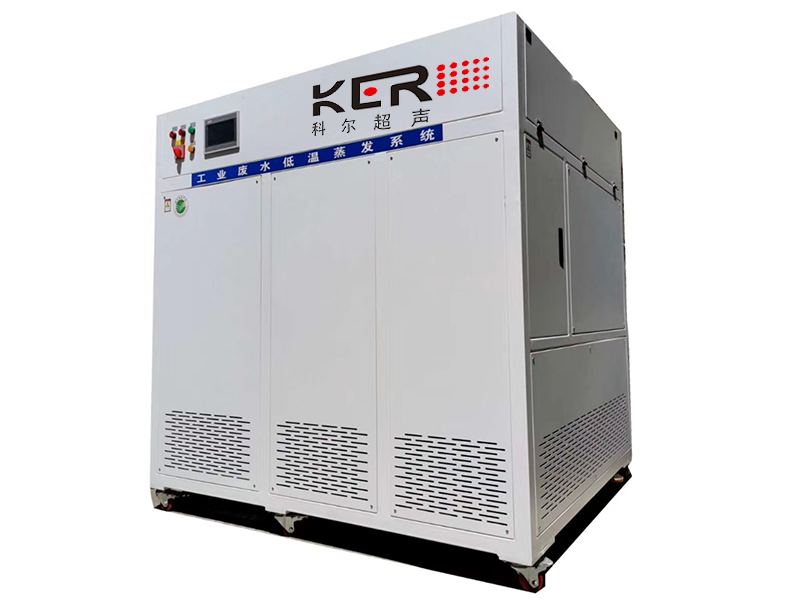
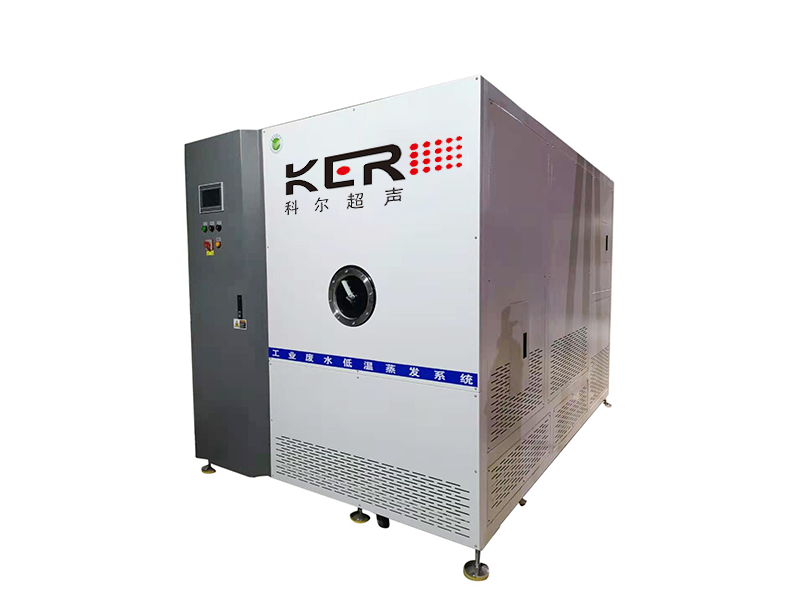
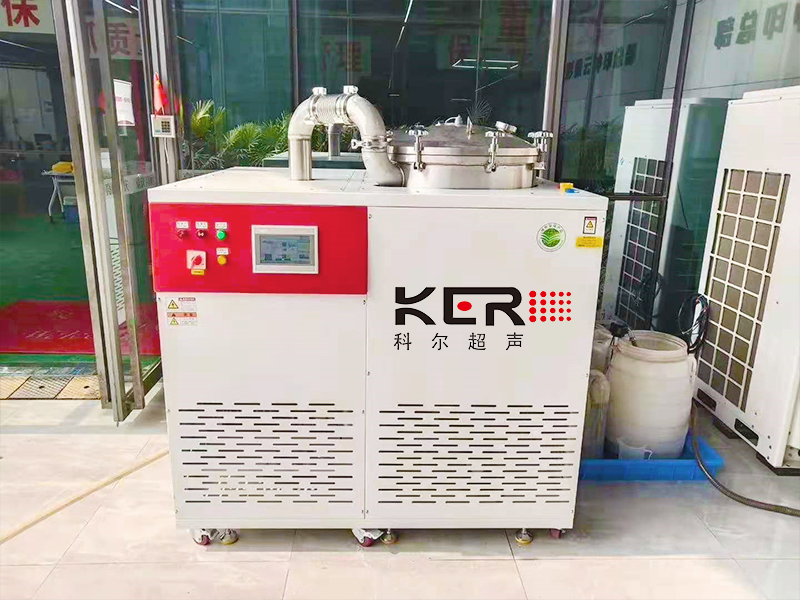
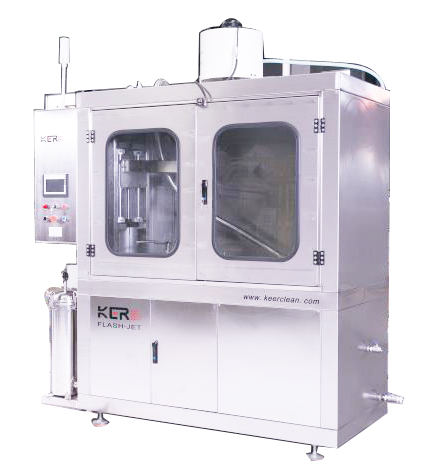
 新聞資訊(xùn)
新聞資訊(xùn)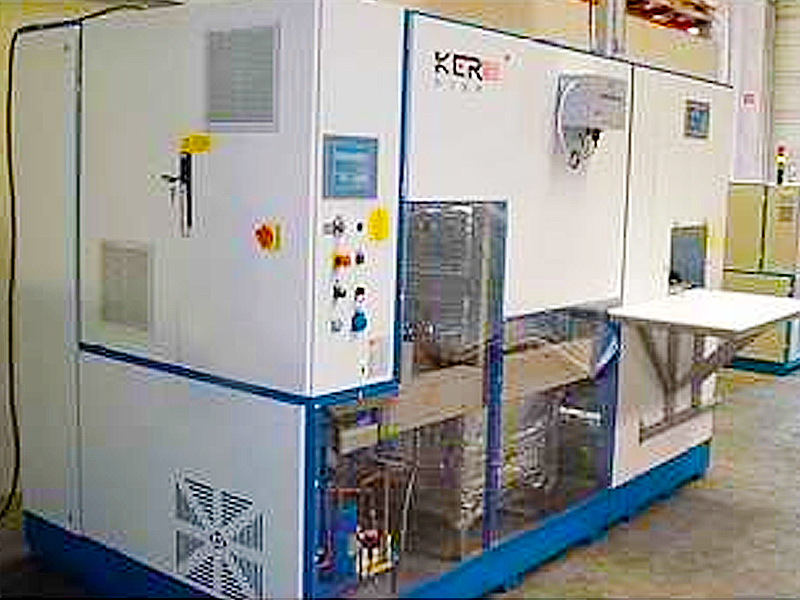
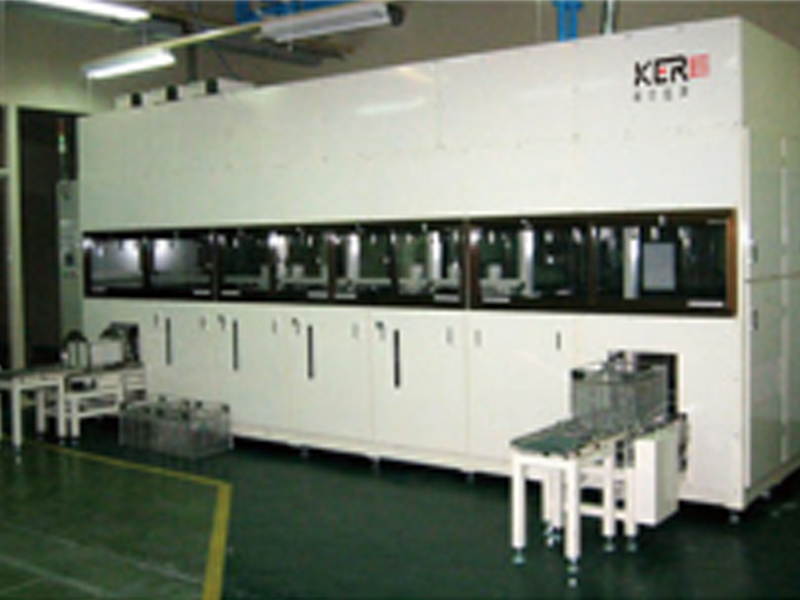
 聯係91污
聯係91污
 谘詢電話:18663767799
谘詢電話:18663767799 E-MAIL:jnkergs@163.com
E-MAIL:jnkergs@163.com 地址(zhǐ):山東省濟南市濟(jì)陽區創業路與啟航街交叉(chā)口南40米
地址(zhǐ):山東省濟南市濟(jì)陽區創業路與啟航街交叉(chā)口南40米 魯公(gōng)網安備 37011202001385號
魯公(gōng)網安備 37011202001385號
